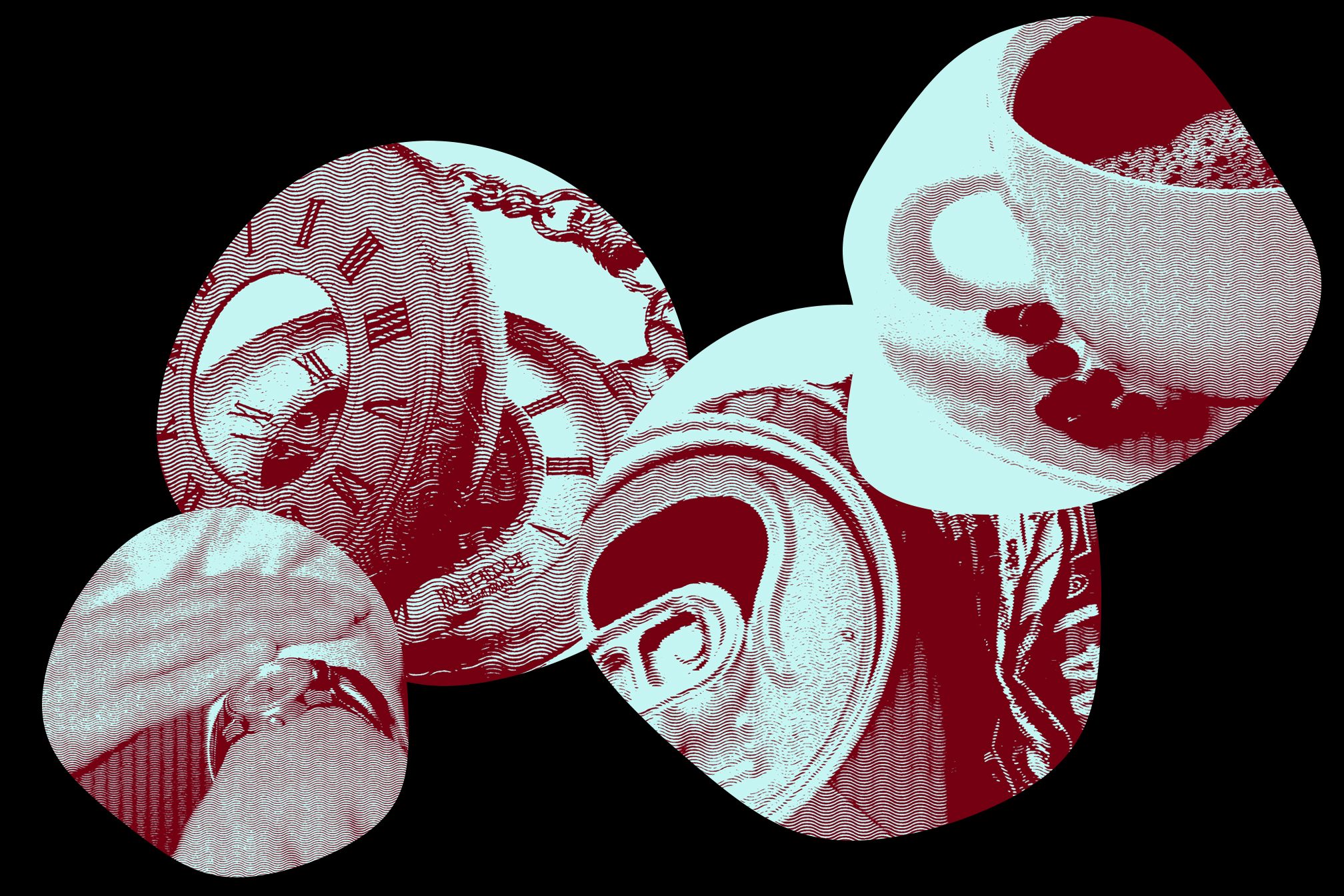 Features
Features
Why knowing set times should be a right for clubbers
Nobody wants to stress about missing their favorite artists
The date’s been circled on the calendar for months. That DJ — the one notorious for never playing in your city — is finally coming through.
You’ve been waiting for this day. Your outfit was selected weeks in advance, and you’ve alerted your boss you’ll be out Monday. You didn’t even flinch at the $75 first tier ticket price, let alone that pesky service fee.
The night arrives. You’re in high spirits, of course, pre-gaming with your friends. A few cold ones at the apartment have you ready to dance, but you have no idea when the DJ is going on.
She could be playing at 1 AM like many headliners on typical nights, but then again, she might be playing the 4 to 6 AM slot to close out the night. Better yet, she’s been known to play extended sets, so maybe she’s going open to close.
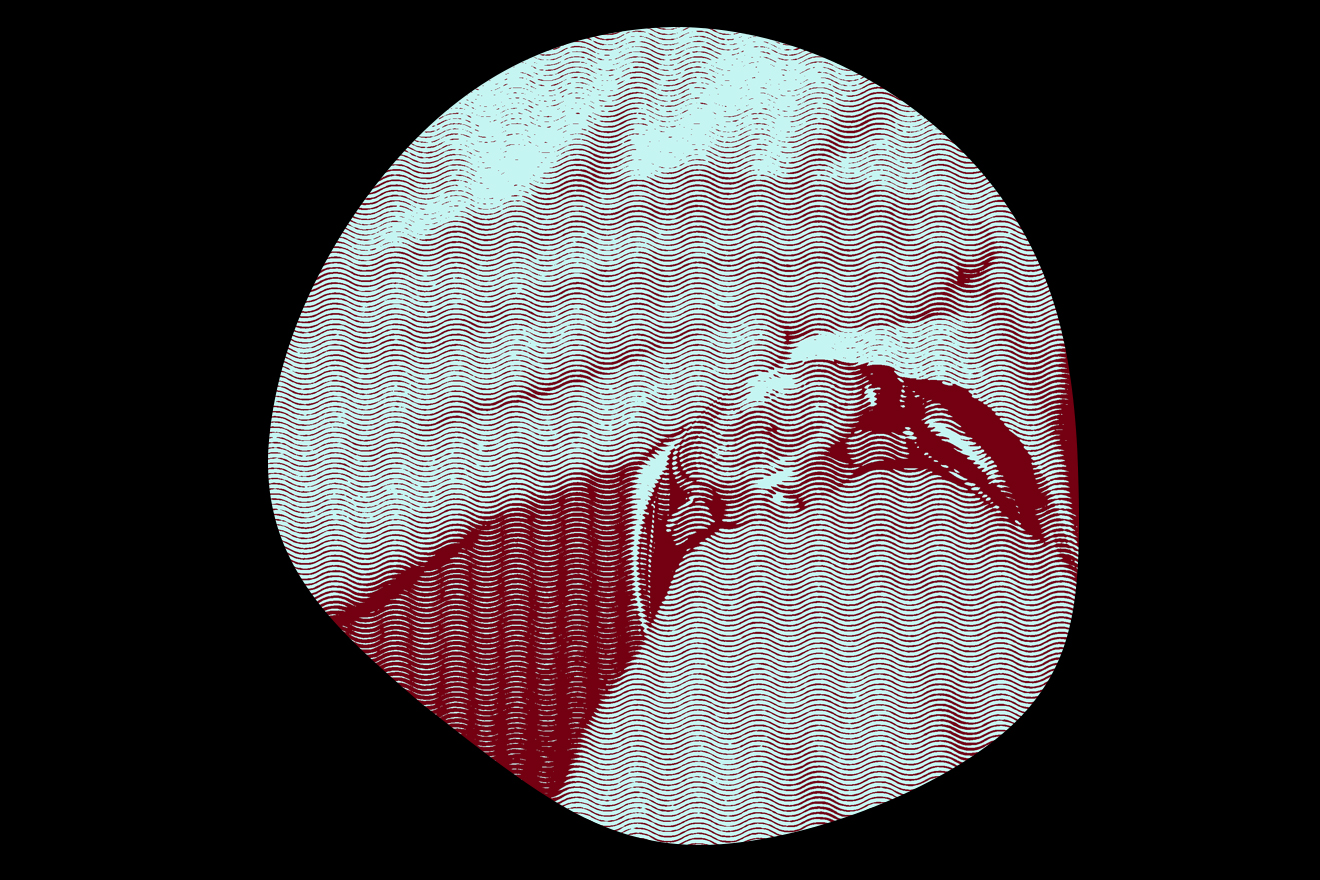
You decide to take your chances. You arrive at the club earlier than planned; it's empty. No one is dancing. The bartender “thinks” the headliner will go on in three hours. You’d like to leave and come back, but there's no way you're waiting in that 45-minute queue again, and there isn’t re-entry. (That’s a story for another day...)
You've been nursing your $13 beer for an hour. Fatigue is setting in. By the time the DJ takes the decks, your energy is sapped, your spirits subdued.
Not knowing when your favorite DJ is playing — the one you bought the ticket for in the first place to see — is stressful.
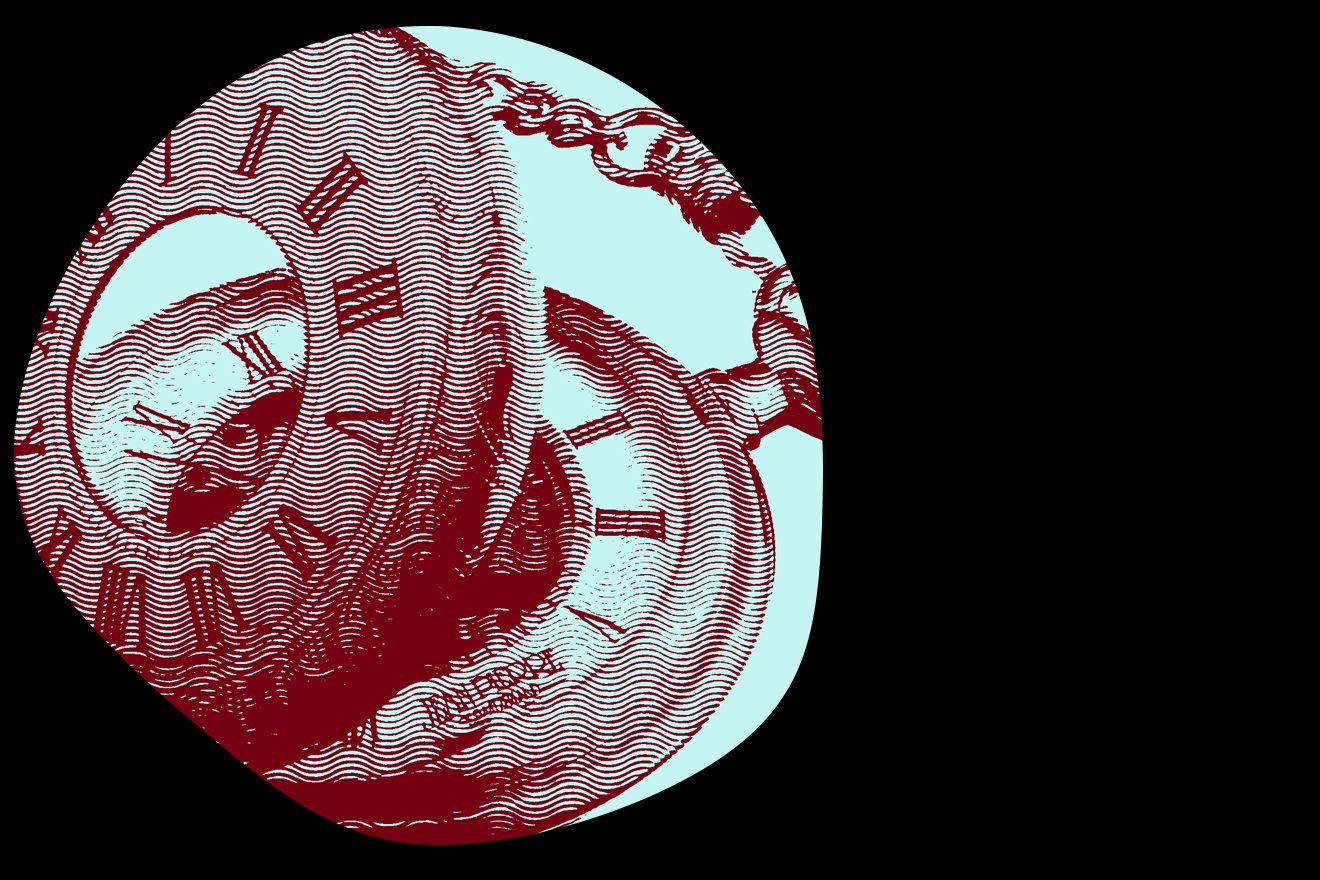
Set times are not only a practical expectation when going out, but a necessary one. It’s a right for partygoers who have used their hard-earned cash to buy tickets. They deserve to know when their favorite artist is performing.
Some revelers may want to strategically plan their evening. There’s nothing better than getting off work, having dinner with friends and grabbing a drink at a bar before arriving at the venue. Knowing the timetable for the night allows one to have a proper pre-game and take advantage of the $5 shot-and-beer combo at the dive down the street.
Many club owners and promoters purposefully conceal when artists are playing so attendees arrive at their establishment as early as possible, for as long as possible to buy overpriced drinks.
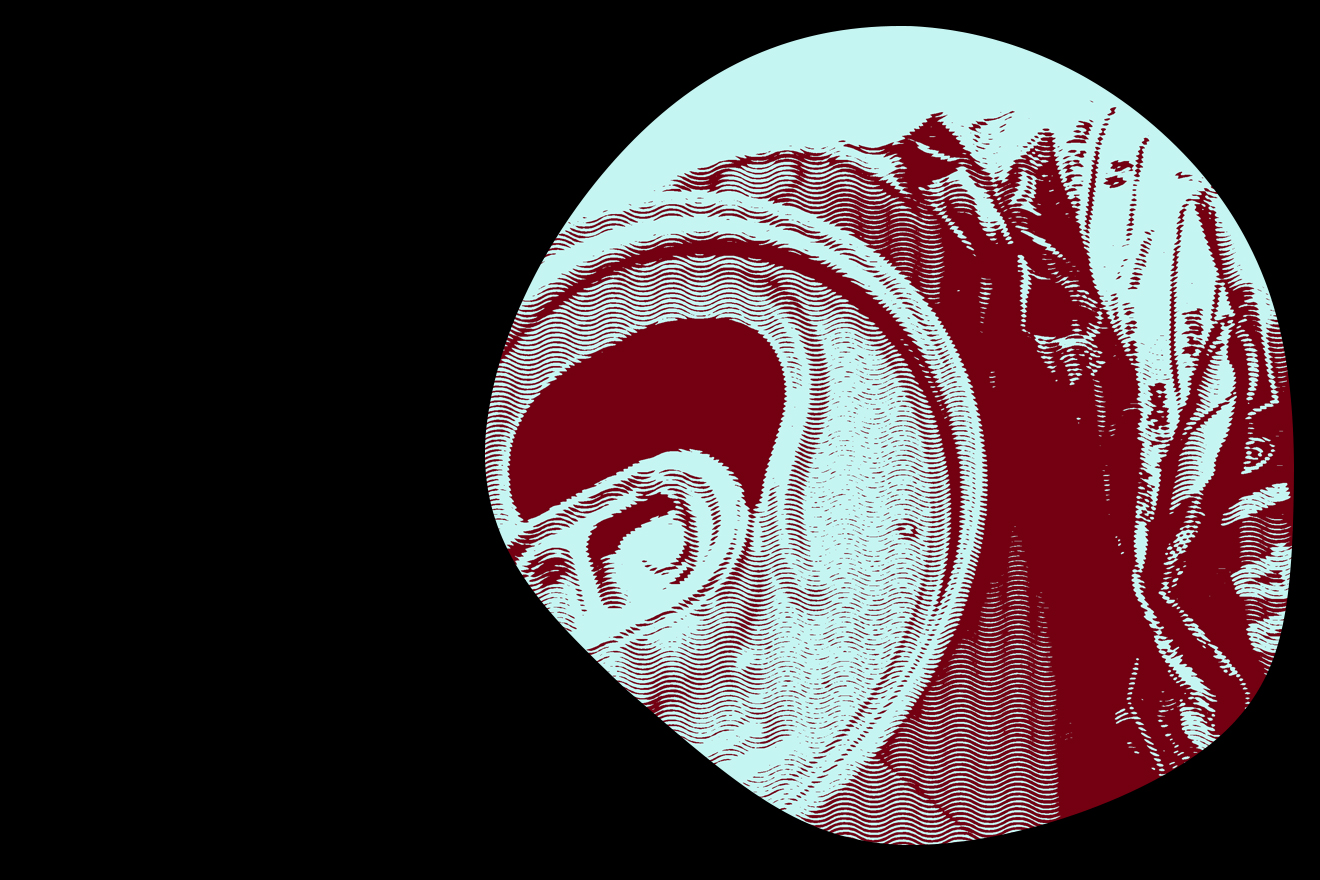
Festivals always release set times so ticketholders can plan their day. Why should clubs be any different?
Some might argue that "carefree, spontaneous clubbing" is compromised by knowing set times, but isn’t the true spontaneity engrained in the moments you least expect? On the dancefloor with the people you meet?
Whether dancing at 10 PM when the club opens, at 2 AM during the peak of the night, or at 7 AM and beyond at the afters, there’s always room for the unexpected to happen, for memorable moments to transpire.
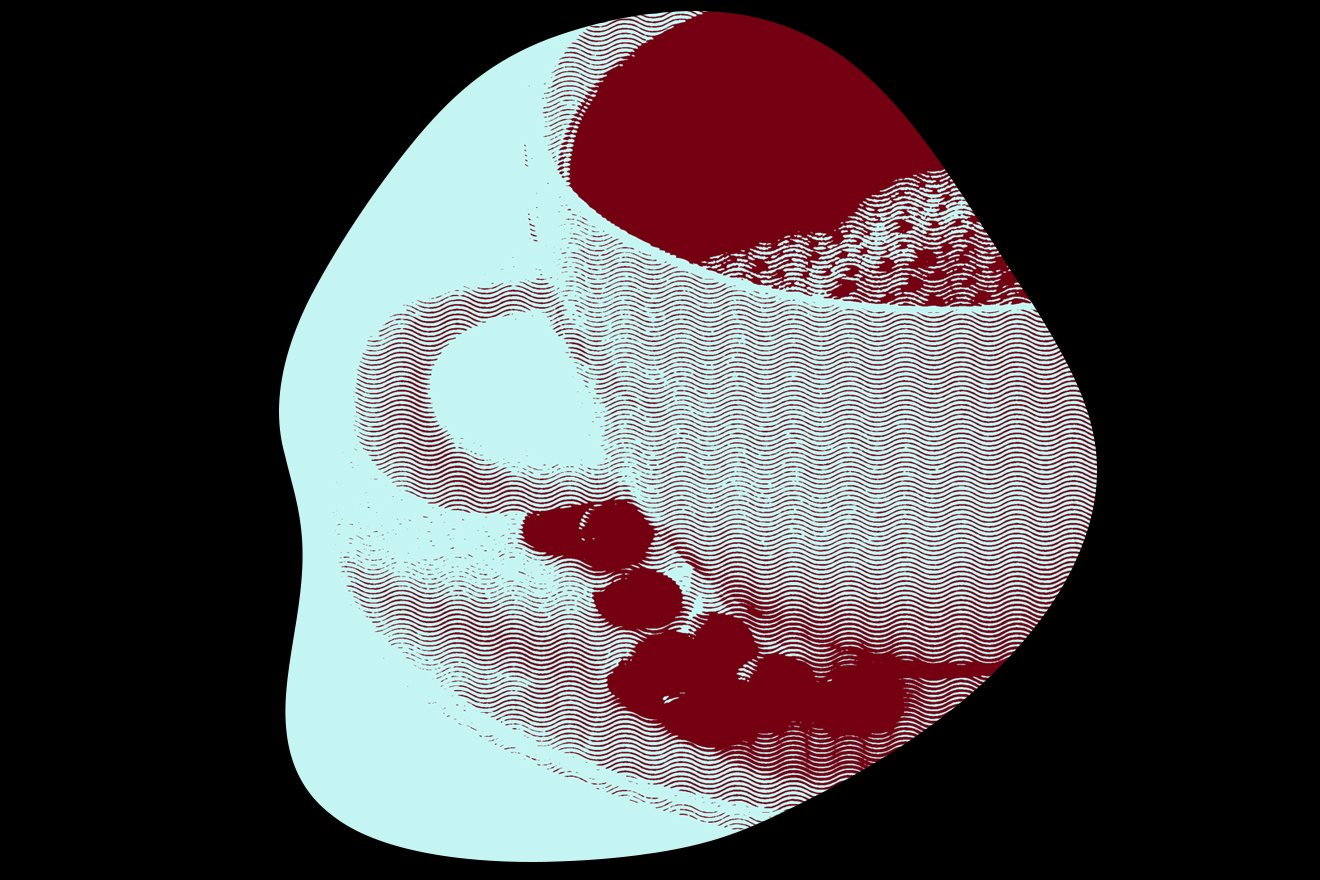
There are certainly benefits to getting to the club early, like discovering an up-and-coming local talent or experiencing the progression of an evening, but knowing set times won’t prevent others from coming to see the opening acts.
And for those ravers who don’t use stimulants (Red Bull, after all, has too much sugar.), they cannot physically make it through an entire evening solely on alcohol and high hopes.
Unless nightlife venues want to start offering re-entry, a rest area, or perhaps some complimentary coffee, then we need set times beforehand. People can and will come early to experience a full night, but those who would rather manage their evening can do so also. It's a win-win.
Let’s not make clubbing — which is supposed to be an effortless experience — any more complicated than it has to be.
Disagree? Perhaps knowing set times can ruin a night out, find out how here
Scott Enman is a freelance writer, follow him on Twitter


